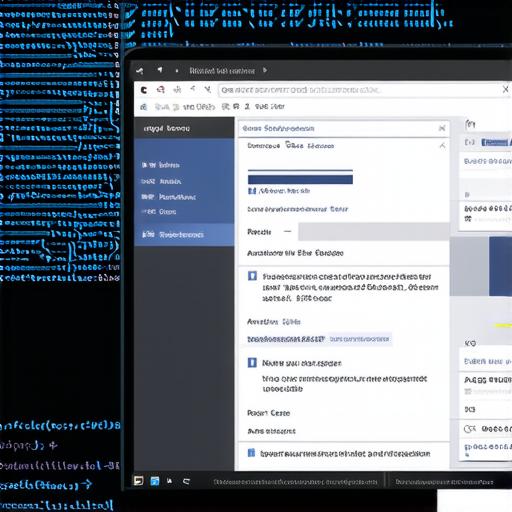Facebook is one of the most widely used social media platforms in the world today. It was founded by Mark Zuckerberg and his friends while they were students at Harvard University in 2004. Since then, it has grown into a global phenomenon that connects millions of people around the world.
Facebook: An Overview
At its core, Facebook is a software platform that enables users to create personal profiles, connect with friends and family, join groups, and share information, photos, and videos. The platform uses a combination of algorithms and human moderators to determine what content is displayed in users’ news feeds, as well as how it is ranked.
One of the key ways that Facebook works is through its use of software algorithms. These algorithms analyze large amounts of data about user behavior, such as who they interact with most frequently, what types of content they engage with, and when they are most active on the platform. This information is used to determine what content should be displayed in users’ news feeds, as well as how it should be ranked.
Facebook also uses a variety of other software tools and technologies to ensure that its platform runs smoothly and efficiently. For example, the company has developed a number of machine learning algorithms that can analyze large amounts of data about user behavior and identify patterns and trends that might indicate potential security threats or other issues. This allows Facebook to quickly respond to any problems that arise on the platform, and help keep users safe and secure.
Despite its many features and capabilities, the question of whether Facebook is a software platform has long been a subject of debate among industry experts and developers.

One key factor that supports the argument that Facebook is a software platform is its use of algorithms and other advanced technologies to analyze user behavior and determine what content should be displayed in users’ news feeds. These algorithms are highly sophisticated and require significant computational power, which suggests that they are an integral part of the Facebook platform itself, rather than simply running on top of it.
Another important consideration is the fact that Facebook has its own programming language, known as Hack, which allows developers to build custom applications and features for the platform. This further suggests that Facebook is a software platform in its own right, rather than just an application that runs on other people’s software.
Case Studies: Real-Life Examples of Facebook’s Software Capabilities
One real-life example of Facebook’s software capabilities can be seen in the company’s use of artificial intelligence (AI) to analyze user behavior and identify potential security threats. In 2018, Facebook announced that it had developed an AI system that could detect and prevent fake news and other types of misinformation on the platform. The system uses natural language processing algorithms to analyze the content of posts and determine whether they are likely to be false or misleading.
Another example of Facebook’s software capabilities can be seen in the company’s use of machine learning algorithms to improve its image recognition technology. In 2019, Facebook announced that it had developed an AI system that could recognize images of cats and dogs with an accuracy rate of over 95%. The system uses deep learning algorithms to analyze the features of the images and determine what they are most likely to be.
Expert Opinions: What Industry Experts Say About Facebook as Software
When asked about the question of whether Facebook is a software platform, many industry experts have different opinions.
